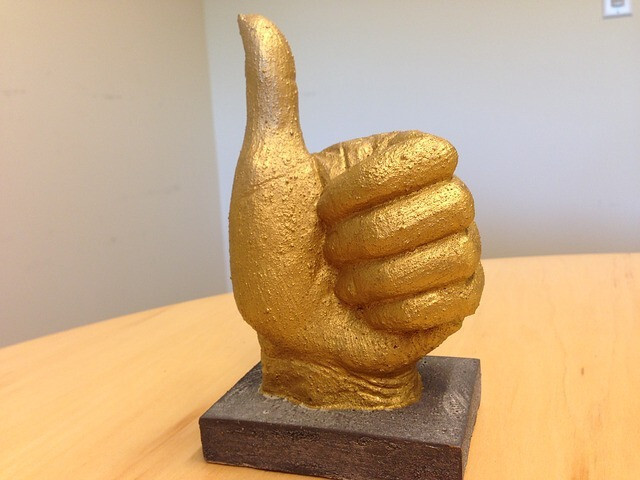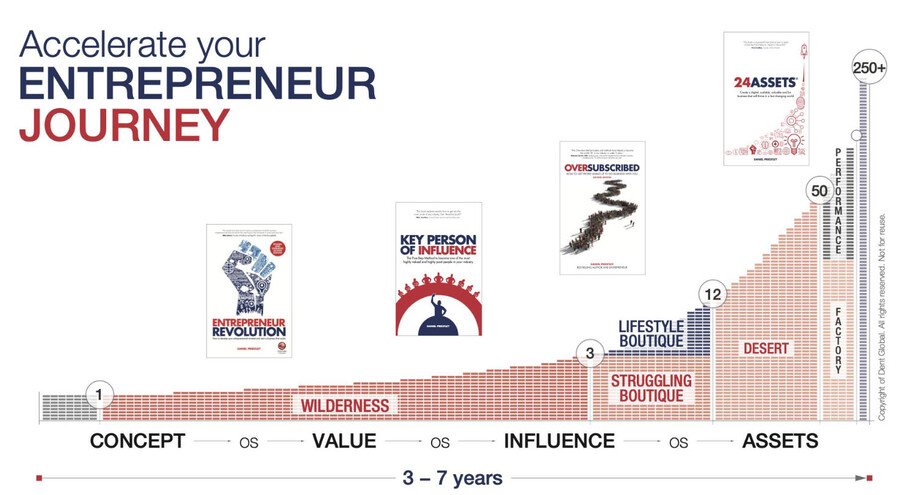Short answer, no 
Fascinating, I hadn't actually heard this story until I saw your post. One side effect from Covid, I got bored of the doom, gloom and negativity, so rarely watch the news!
I think to start and run a business, particularly if you are aiming for a high growth business, then you are going to need buckets of confidence and optimism. You can also read that as arrogant, cocky or ego if it's overdone.
A lot of people, particularly startups like to talk up success, tell the world how fantastic they are and how well they are doing, regardless of the truth. Most of us have been guilty of that to some extent, I know I have.
But I think it's easy to build a friendly culture with whatever values you hold dear with a small company and handful of employees. I think it's more of a challenge the larger a business gets. Companies are microcosms of general society and will have all the same traits, from political beliefs, racism, stance on the environment, plodders, go getters, bullies, nice people. The bigger the company, the bigger the divisions, the harder it is to manage a standard one size fits all culture and ethos.
Culture is supposed to come top-down, but if you only recruit an echo chamber of like-minded believers aligned to your thinking, then you can argue that could stifle creativity, miss out on meaningful critique, debate and improvement.
The gold standard of large company culture is Google, but back in 2018 they have had mass walkouts due to sexual misconduct and harassment, so even the golden boys and gals seem to struggle.
The BBC used to pride itself on its values and culture, but that's been shot down in flames quite a few times, including very recently.
John Lewis has often been held up as a beacon, as it's employee-owned, which generates a flatter management structure, but they have been having trading problems with employees missing out on bonuses, so is that the best way to run a business?
Maybe culture and ethos is impossible to maintain once you get to a tipping point of number of employees, and business strategy is really the only way to run a large organisation. React and fulfil customer demand, rather than worry about culture and ethos.
If your customers are worried about the environment or health, then you need to be, so sell them electric cars and avocados. If they want fun and carefree, sell them v6 petrol engines, alcohol and cigarettes.
At least that's my more cynical assessment 


